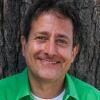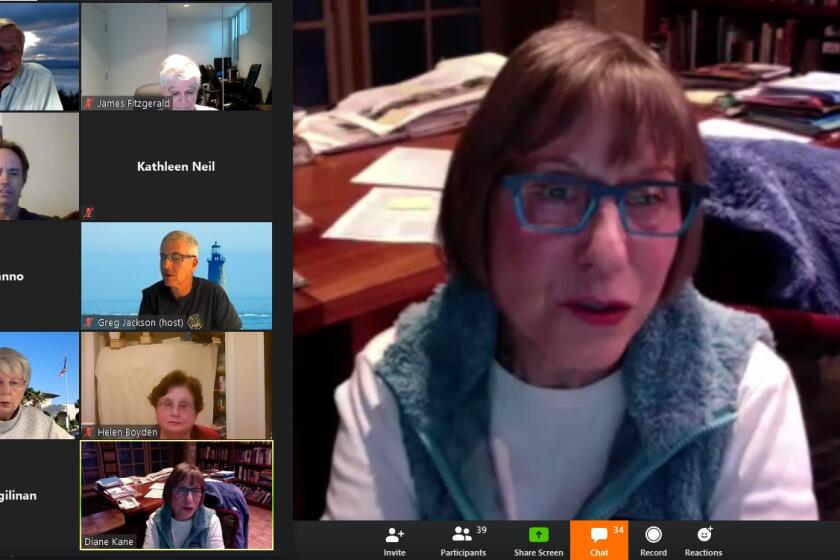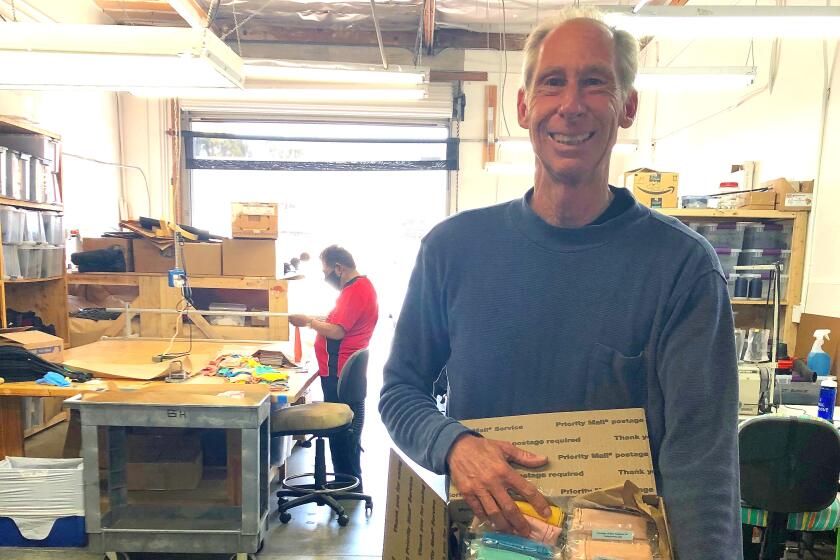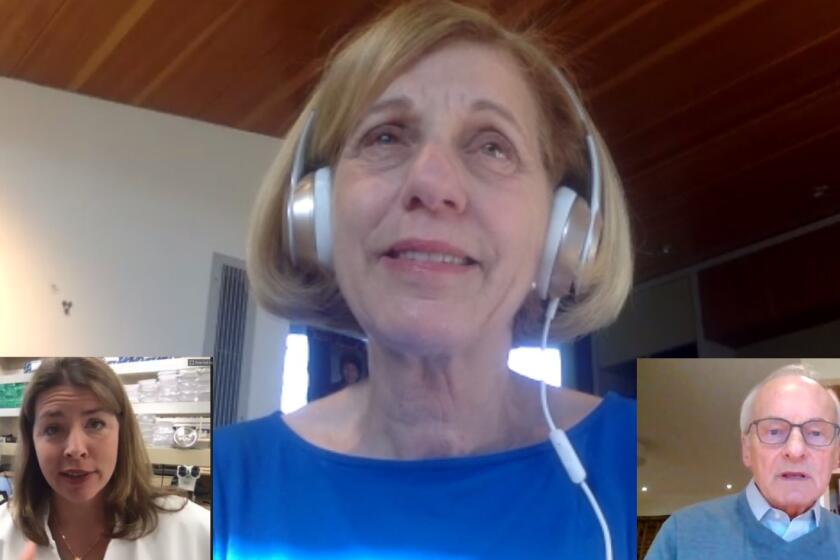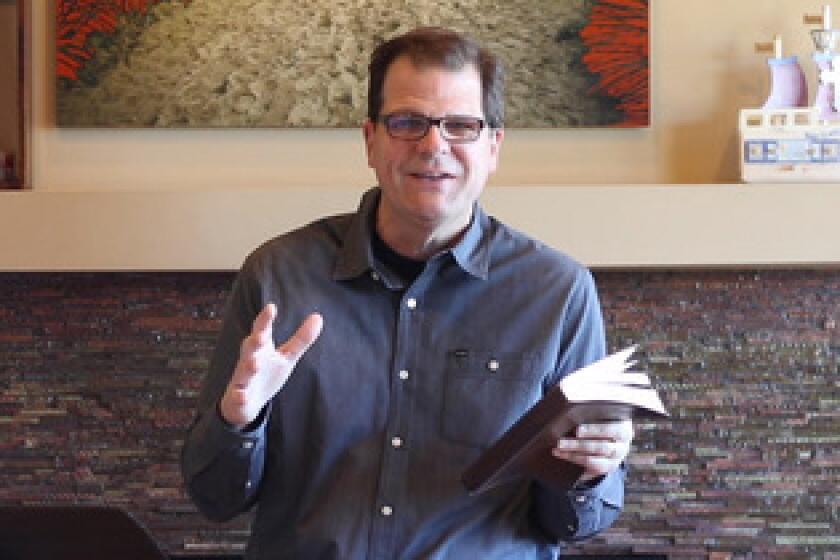DENTAL IMPLANT: La Jolla dentist pays house call on African kids
Last November, Kristine Tran strolled through the La Jolla Open Aire Farmer’s Market with her $5 fresh-squeezed orange juice, as she does most Sunday mornings, when a sound pierced her routine and transformed her life.
“I never heard anything so beautiful,” said Tran, who stood transfixed at the field at La Jolla Elementary School.
The irresistible drums and singing emanated from the Matsiko World Orphan Choir, a group of about 20 kids from all over the world providing what most other shoppers for produce and trinkets considered background music.
The children perform in public places through the International Children’s Network, trying to garner American sponsors. Tran signed up to help a girl, named Ruth, but wanted to do more. As a dentist, the first thing she thought of was volunteering to perform their dental work. She suggested it to one of the volunteers, who then summoned the president of her organization, who happened to be on site.
“I thought it was a great idea,” said Don Windham. “I told her about the great need for dentists — in Liberia, especially.” Windham offered to pay Tran’s plane fare and make living arrangements. Tran — who didn’t even know of Liberia’s existence before that — accepted immediately.“It was crazy,” she said.
For four days in May, 11 hours a day, Tran performed dentistry on about 80 village children in poverty-stricken Paynesville, Liberia, just a few hundred miles above the equator in Africa.“Not only had none ever been to the dentist,” Tran said, “they didn’t even know what a dentist was. It was like, ‘Oh my God, who is that woman and why is she doing that?’”

Paying it forward
Tran, who owns the Prospect Street building that houses her dental office, said she felt obligated to pay forward the compassion showed her by strangers when she was a 9-year-old girl running running from the Communists in South Vietnam.
“If you see a documentary from 1975, my family were among the boat people,” Tran said. “We were on a fishing boat, in a sea full of dead bodies, with people yelling, screaming and crying. I remember a lot of it.”
Tran, her parents and her nine brothers and sisters were rescued by the U.S.S. Midway and brought to Camp Pendleton, where they lived in tents while awaiting a sponsor — in their lucky case, a Catholic Church in El Cajon.
“My parents did what they had to,” Tran remembered. “But they always stressed education with us. The children had to go to school.” Tran graduated UC San Diego, then dental school at the University of the Pacific.“I’m so blessed that I’m here,” Tran said. “If I were still in Vietnam, I would not be a dentist. There’s no opportunity there.”
In 1994, Tran opened a dental practice in Mira Mesa, which she still has, then the one in La Jolla — Transdental Family Care at 864 Prospect St. — in 2011. Currently, she lives in Windansea with one child in college and another about to be.
“So now that I have some time and some finances, I’m able to help,” Tran said. “I’m not anyone special, just someone who has worked hard to be where I am and wants to give back.”
Liberia liabilities
Before Tran’s road to Liberia even began, bumps developed on it. A team of three people were supposed to accompany her but, Tran said, “their families didn’t allow them to go because of Ebola, and they heard that Muslims will behead you.” Then, while changing planes in Brussels midway through her 37 hours in the air, one of her patients emailed about a terrorist warning in Liberia.
“I did a lot of research and trusted my feeling,” she said. “It’s not that dangerous where I was going. And I had to go no matter what. I believed in what I was doing and I already made the commitment.”
International Children Network volunteers greeted Tran at the airport, carrying her dental equipment and guiding her to her host family’s house, which had unreliable electricity and water — the only kind in Paynesville.
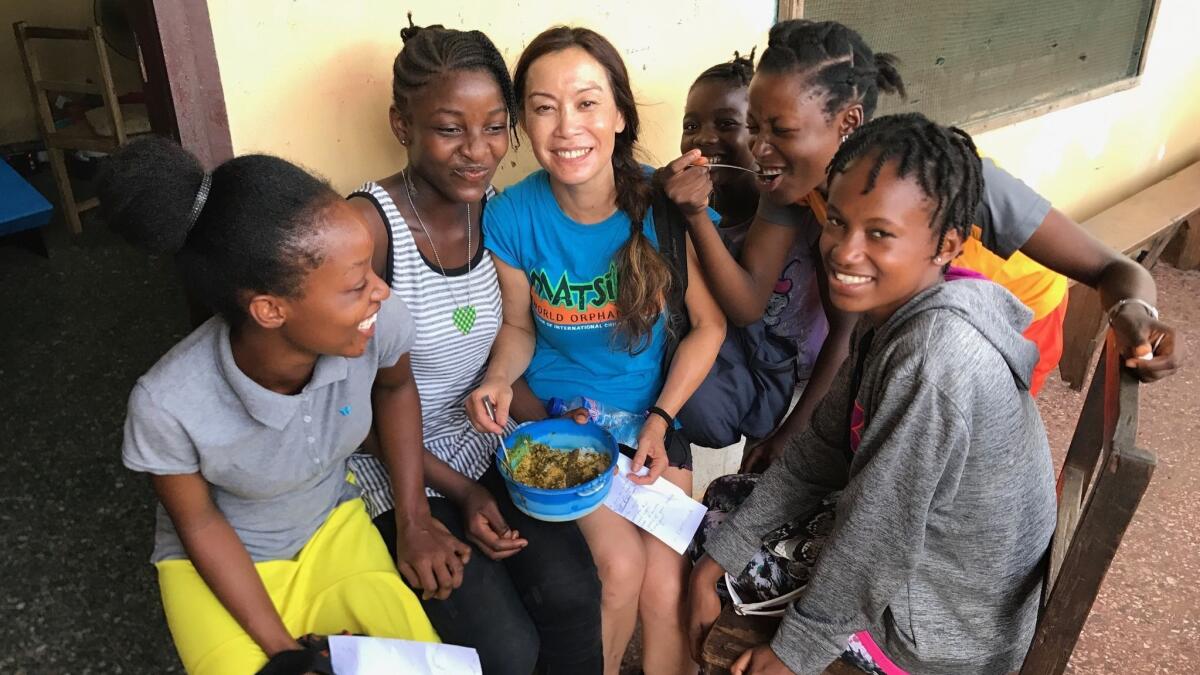
“The area was run-down, with tent houses and huts and kids sitting outside barefoot,” she said, “and the bathrooms were, well, let’s just say they weren’t like they are at home.”
Tran was offered bags of filtered water to drink because, she said, “the water was yellow.” She also used the bags to shower the unpleasant mix of mosquito-repellent oil and sweat off her skin and hair each night.
The food situation was better — bread, rice, beans, eggplant, pepper, eggs, mango, watermelon and avocado (which they call “butter pear”), as well as the Chia seeds she brought along for protein.
All electricity was courtesy of a generator, which Tran could tell that her host family turned on a lot more often than they normally did. “They spoiled me, because they knew I wanted wi-fi to contact my family and friends,” Tran said.
Before Tran even had enough time to set up her dental equipment in a nearby cottage, the children had already lined up for dental work. “And sometimes they waited but I couldn’t see all of them,” she said.

Moment of tooth
Tran said their front teeth were usually straight and white, which surprised her since they only used sticks, with no toothpaste, to brush.
“When you see them smile, their teeth look beautiful,” Tran said. “Maybe it’s because they don’t have sugar, candy or soda but a more natural diet. But there was plaque, decay and calculus. And when you look at their back teeth, everybody had cavities.”
She cleaned, filled cavities, performed rudimentary root canals and extracted dozens of infected teeth. On the third day, her suction machine broke down from overuse, so she had to finish the gig old-school.
“When water got in, they spit in the bowl,” Tran said. “But they didn’t know any better, because they’d never been to the dentist, so we just pretended like that was normal.”
Another surprise to her was how often the children smiled and laughed.
“They were happy,” Tran said, “which goes to show that, to be happy, you don’t need to have everything that we have.”Windham said there are “a very few rare people who put actions behind their desires and, as a result, change lives, and Kristine is one of them.
“The children got to see a few things — one is that a woman can do something great,” he said. “And they still can’t stop speaking about it. To the people in Liberia, it was like a miracle.”In the end, Tran said, “it was difficult, but I did it and I survived, and I’m happy I went.”
Tran said she would like to return by year’s end. That’s why she left all her equipment there.
“They need me there, and I want other dentists to come with me this time,” she said. “There’s thousands of kids there who need help.”
Get the La Jolla Light weekly in your inbox
News, features and sports about La Jolla, every Thursday for free
You may occasionally receive promotional content from the La Jolla Light.
